Keep the Tail Wagging is supported by pet parents. I occasionally earn a commission (at no additional cost to you) when you click through an affiliate link to one of my favorite products. Thank you for your support. Read More
The topic of vaccinations always sparks a passionate debate between dog lovers. My thoughts on vaccinations were shaped by a decade of dog ownership, volunteering with a local rescue, and the online holistic community. Nutrition is a crucial aspect of responsible pet ownership. I believe vaccinations are also important as they provide protection against a range of dangerous diseases. In this article, I'll explore why I vaccinate my dogs, my vaccine protocol, and how I protect my dogs from potential vaccine side effects.
Why I Vaccinate My Raw Fed Dogs?
Feeding a fresh food diet helps our dogs maintain a healthy immune system, which allows them to fight off better or survive many diseases. However, raw feeding doesn't make our dogs bulletproof. For years, I believed in puppy vaccinations and one-year boosters – I thought this conservative protocol combined with raw feeding was the key to longevity. And then Scout died of cancer at eight.
When we adopted a puppy, I began to rethink vaccinations. I spoke with holistic and traditional veterinarians, professionals in the rescue world, and other dog owners to learn more about the risks associated with vaccinating (or not vaccinating) my dogs.
I vaccinate my dogs to…
- protect them from diseases
- allow safe interactions with other dogs
- comply with local laws
My Vaccination Protocol for Raw Fed Dogs
The following vaccination protocol was inspired by a protocol published by Dr. Laurie Coger, a holistic veterinarian in Albany, New York, founder of the Healthy Dog Workshop and Healthy Dog Expo.
- 10-weeks – canine parvovirus
- 14-weeks – DAP (distemper, adenovirus, parvovirus)
- 22-weeks – rabies
- 1-year after last vaccinations – distemper/parvovirus*
- 1-year after initial inoculation – rabies*
*If affordable, it's recommended to titer at these points to test antibody levels before re-inoculation.
I will take my dogs in for boosters every five to six years, which is supported by a 2023 study that titered 188 dogs. It was found that 62% of the dogs had positive antibodies 5 years after innoculation for canine distemper (CDV) and 92% of the dogs were positive for canine adenovirus (CAV2) and canine parvovirus (CPV).
Based on this study, my dogs will get one additional booster following their one year boosters.
What is a Titer Test?
A titer test is a blood test taken by a veterinarian and sent to a lab to test for antibodies of previous vaccinations. This is an excellent way to lower the risk of over-vaccination in pets. However, titer testing isn't affordable for everyone. The last I checked, it would cost $900 to titer each of my dogs. However, there are affordable options for many pet parents.
Pet parents can save money by requesting a blood draw from their veterinarian clinic and using one of the following services to test for antibodies. The blood will need to be securely shipped to a lab, and I've been told that it's important to know the last date (month, day, and year) of the last inoculation:
If you live in a state that doesn't allow titer testing instead of rabies vaccinations, join the community TitersForPets.org. Titers for Pets is an organization created to educate pet parents, the veterinary community, and legislators on optimal pet immunization. Their goal is to change the laws to allow the acceptance of titers and reduce the over-vaccination of pets.
Reducing the Side Effects of Vaccinations
I've been told that vaccines cause diseases; they don't protect from diseases. I don't see it this way. My research has taught me that over-vaccination and unnecessary vaccinations pose health risks to our dogs. I've seen the videos of puppies and dogs having severe reactions to vaccinations. I've also held a puppy in my arms as she died from canine parvovirus. Everything I do for my pets comes with a risk; I take steps to reduce the risk.
1 – I Only Vaccinate Healthy Dogs
If my dog isn't feeling well or living with a serious illness, I elect not to vaccinate them. This can be something as small as my dog having diarrhea the day prior or as serious as cancer. My issue is that my dog's system is fighting a battle to heal itself and adding a vaccine will make that fight more difficult.
2 – I Don't Over Vaccinate
While US veterinarians recommend boosters every three years, I have stretched this out to every five to six years due to a recent study (mentioned above) revealing that “canine core vaccine duration of host protective immunity can persist past the currently recommended vaccination interval.”
3 – I Don't Vaccinate Senior Dogs
According to traditional veterinarian medicine, there's no evidence that senior dogs shouldn't be vaccinated. However, with the rise in health issues in senior dogs, I don't feel comfortable subjecting my dogs to vaccinations. Due to my conservative approach to vaccines, my dogs receive their final booster before their senior years. Once my dogs reach the age of 8 or 9, I no longer vaccinate them.
4 – I Don't Allow Unnecessary Vaccinations
I stick with the core vaccinations listed above. If our veterinarian recommends a new vaccination, I ask for information on the vaccine and time to read up on the vaccine. I'm only going to vaccinate if there is a risk. I don't take my dogs to kennels, or daycares, and we don't go hiking/camping – so there needs to be compelling evidence if I'm going to add another vaccine.
5 – Supplements to Reduce Vaccination Side Effects
When my dogs are due for vaccinations, I take steps to protect their system:
TWO WEEKS BEFORE their appointment, I give my dogs Rx Vitamins Hepato Support or Liver Tonic by Adored Beast Apothecary to protect these organs and strengthen the system's natural detox process
TWO DAYS FOLLOWING the appointment, I add a couple of pumps of Rebalancer by Adored Beast to my dogs' meals.
Rebalancer helps the body restore its natural equilibrium following an induced immune response and further facilitates the elimination of additives such as preservatives, heavy metals, toxins, adjuvants, antigens, and stabilizers commonly included in vaccines.
- Rx Vitamins Hepato Support (a liver supplement with milk thistle)
- Liver Tonic by Adored Beast Apothecary
- Rebalancer by Adored Beast Apothecary
Side Effects of Vaccinations
When my dogs are vaccinated, I expect they'll be pretty chill for the remainder of the day, bouncing back to their usual self the following day. Although vaccinations have many side effects, I haven't experienced them. But it's important to know that these things can happen.
- Fever.
- Sluggishness.
- Loss of appetite.
- Facial or paw swelling and/or hives.
- Vomiting.
- Diarrhea.
- Pain or swelling around the injection site.
- Collapse, difficulty breathing, and seizures (anaphylactic shock)
I've also read about pets developing a tumor at the injection site. My research has shown me that severe symptoms are rare, but that doesn't really matter when it's your dog.
Should Raw Fed Dogs be Vaccinated?
I will never tell others what they should or shouldn't do with their dogs, but I will vaccinate them to add protection. I respect the passion of pet parents who argue against vaccinating our dogs and appreciate that they share information because they help us stay up to date on medical studies while inspiring us to do our homework.
I have rescue dogs, so I often don't know when they were separated from their mothers, if their mothers were inoculated, or what they may have been exposed to before rescue. I might make different choices if I purchase a puppy from a reputable, natural-rearing breeder.
I have met naturally rearing breeders who never vaccinate their puppies and dogs, choosing natural methods to protect their dogs. I do not have the level of knowledge that would allow me to do this confidently, and I will not rely on the Internet in this case. Instead, I will continue following this topic and adjust as I learn more.
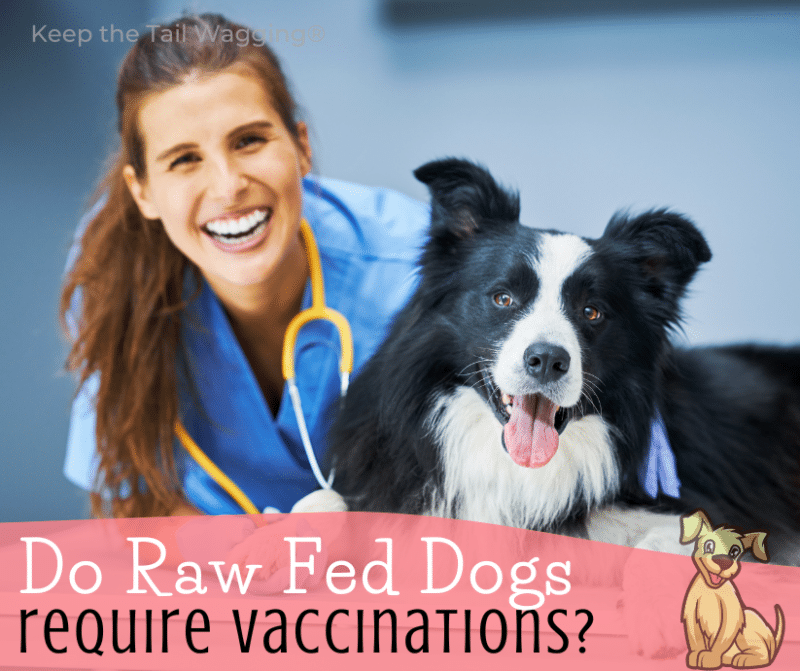


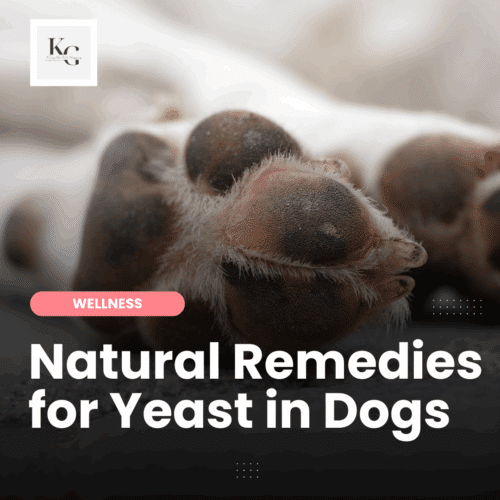
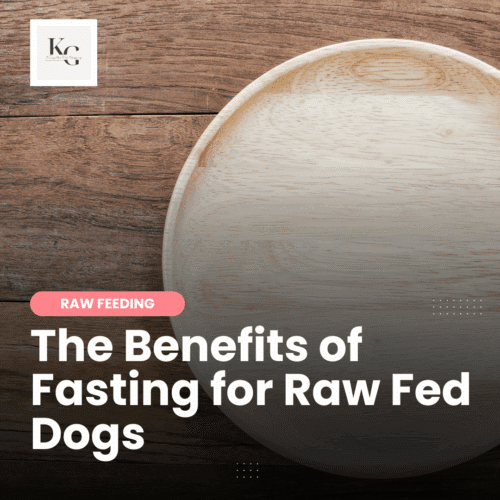
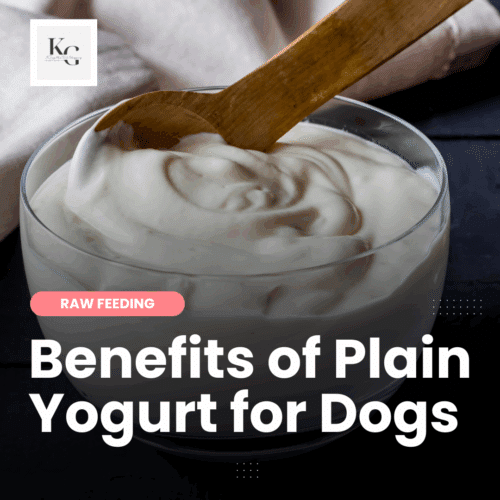
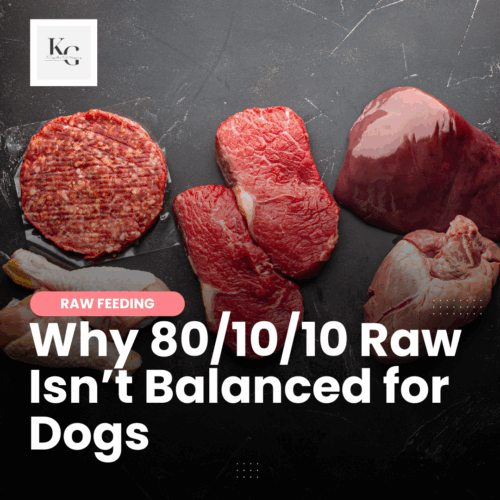
AII vaccines are poison, aII the time, in aII doses.